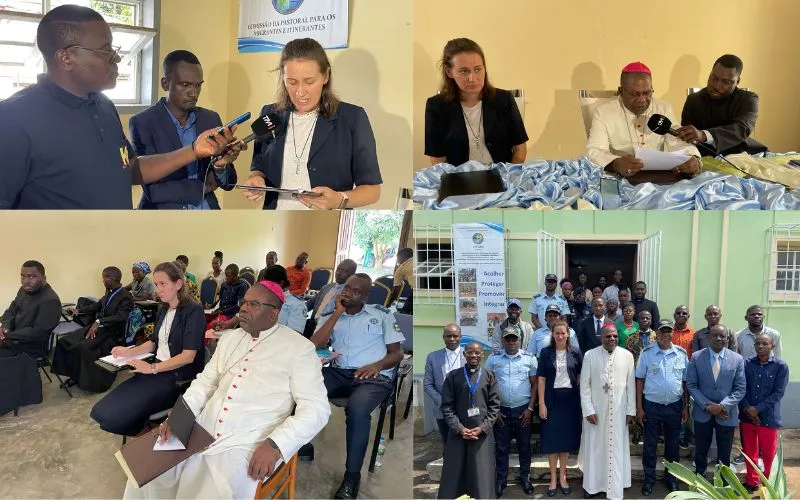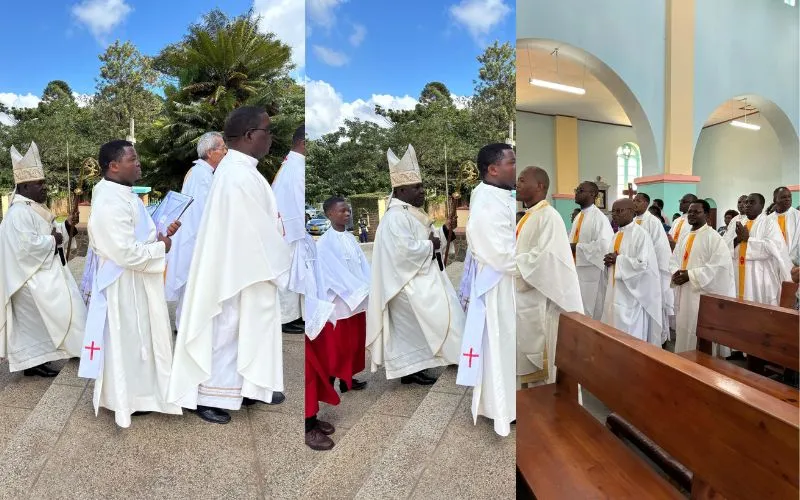Luanda, 11 April, 2025 / 5:27 pm (ACI Africa).
Reduction of international funding is negatively affecting the reaching out to refugees in Angola, the Executive Secretary of the Episcopal Commission for the Pastoral Care of Migrants and Itinerants (CEPAMI) has said.
In an interview with ACI Africa, Sr. Carla Luísa Frei Bamberg gave the example of the refugees at the Lóvua Settlement Center in Lunda Norte province, where there are gaps in basic needs, including nutrition and healthcare.
“The devastating impacts of these cuts, especially after U.S. President Donald Trump’s policy, have resulted in the blocking of essential funds from organizations like the UN Refugee Agency (UNHCR), Jesuit Refugee Services (JRS),” Sr. Carla told ACI Africa on Wednesday, April 9 following her visit to the Lóvua Settlement Center.
She said that “the consequences of these cuts are visible in refugee communities. The lack of financial support has resulted in a reduction of essential services, such as food assistance, healthcare, and psychosocial support.”
“Organizations that once provided a safety net are now operating with limited resources or have even shut down. The situation has worsened, especially in Lóvua, where the number of refugees has decreased significantly, and those remaining are facing increasingly precarious conditions,” Sr. Carla said.








